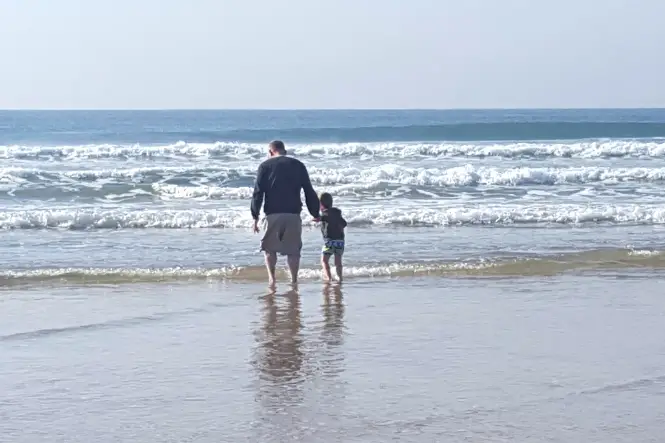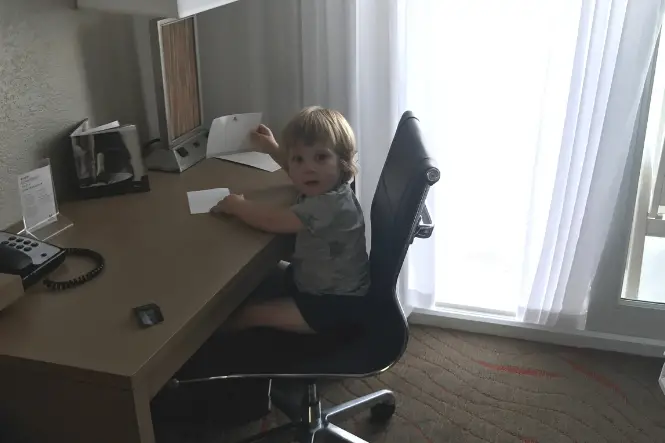The risks that being online might pose to children have been covered in our previous articles, but what if they’re already at risk? How can you tell if your child has become involved, intentionally or unintentionally, in something sinister on the internet? Maybe they feel it’s their fault, or they’re afraid to tell you about it. Below are some of the signs that may indicate your child could be at risk online:
Table of Contents
Spending Large Amounts of Time Online, Particularly at Night
A lot of children who fall victim to sex offenders (via the computer) spend significant amounts of time online, particularly in chatrooms. Perhaps they go online straight after dinner, each night, or for a major part of the weekend. Children whose parents work and who are home alone after school will often go online to seek company, chat with existing friends, pass the time and maybe look for sexually explicit information, safe in the knowledge that their parent won’t come walking in. The greatest risk to children online is during evening hours; offenders are online most of the time, but many will be at work during the day and will spend their evenings online attempting to lure children or seeking pornography.
Pornography on Their Computer
Sexual offenders often supply potential victims with pornography as a means of opening up sexual discussion and seduction. Pornographic images of children and adults may be used to show children that adult/child sex is ‘normal’. Children may hide content files on discs or memory sticks, particularly if the computer is used by other members of the family.
Calls From Men You Don’t Know or Calls to Numbers You Don’t Recognise.
Sex offenders will use ‘phone sex’ as a means of setting up a meeting for the real thing. They may have obtained your child’s phone number by deception or giving out their own number, then tracing the child’s number via BT’s 1471 last number called option.
Receiving Gifts, Post or Packages From People You Don’t Know
It is a common seduction method for offenders to send letters, photographs and gifts to their intended victims. Some have even been known to send rail or airplane tickets to enable a child to meet them.
Turning Off the Monitor or Changing the Screen
If, when you enter their room, the screen changes or they turn their monitor off, it could be because they are indulging in sexually explicit conversation in a chatroom, or looking at pornographic images and don’t want you to see it.
Becoming Withdrawn From the Family and Friends
Many online sex offenders will use tactics aimed at alienating a child from their family and will then exploit that relationship for their own means. Children can also become withdrawn following sexual victimisation.
Using an Online Account That is Not Their Own
Children can come into contact with offenders when online at friends’ homes or even at the library. Just because they can’t go online at home does not mean they have no access – online sex offenders even go as far as providing potential victims with a computer account to facilitate their ongoing communications.
What Can You do?
- Use phone services such as caller ID to find out who is calling your child. Many services include a facility to block certain caller numbers and you can also prevent numbers you dial out from appearing on the receiver’s caller ID.
- Check the phone bill to see if any numbers appear regularly. If your child is using a mobile to call, check with the service provider to see whether there is anything you can do.
- Be open with your children, tell them about your fears and discuss the dangers of online sex offenders.
- Have a look at what’s on your child’s computer and ask them about any pornography or sexual communication you find.
- Online sex offenders almost always meet potential victims in the first instance, via chat rooms. Many ISPs have systems in place so that parents can block out chatrooms that they would rather their children did not use.
Notify the Police if:
- Anyone in your household has received child pornography.
- Your child has received sexual communication in any form from someone who knows your child is under 18 years of age.
And Finally…
Many service providers have systems in place so that parents can block out chatrooms that they would rather their children did not see. Make contact to find out how you can add restrictions to any accounts that your children can access.






